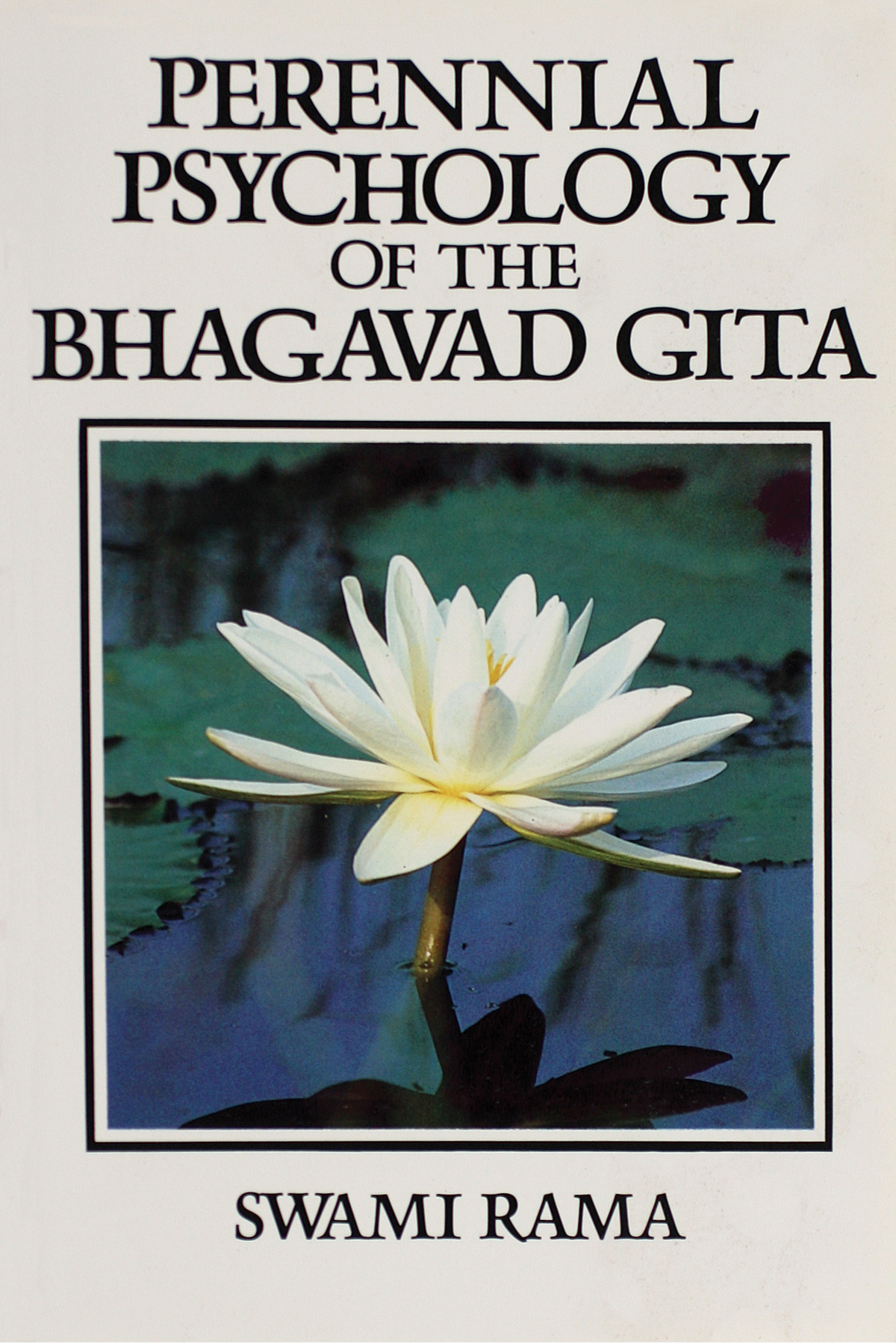
Product Details
Perennial Psychology With No Commentary
This authoritative translation WITHOUT commentary makes a timeless Eastern scripture as useful today as it was centuries ago. Swami Rama draws out the psychological concepts of this immortal text and makes them accessible to all students. Spiritual seekers, psychotherapists, and students of Eastern studies will all find a storehouse of wisdom in this volume. This book deals with analyzing and training the internal states of the human being so that one can be active in the external world while maintaining a state of tranquility.
See Here for Perennial Psychology of the Bhagavad Gita with commentary.
Product Details
Publisher: Himalayan Institute
Copyright: 1985, Current printing 2008
ISBN: 978-0-89389-090-1
Paperback
129 pages
6" x 9"
Spirituality / Philosophy



